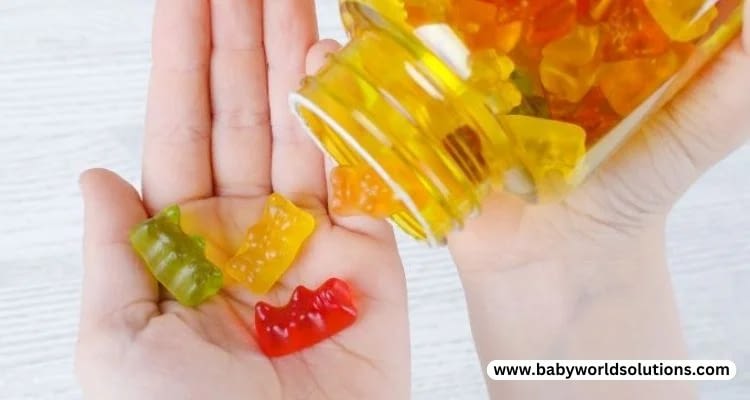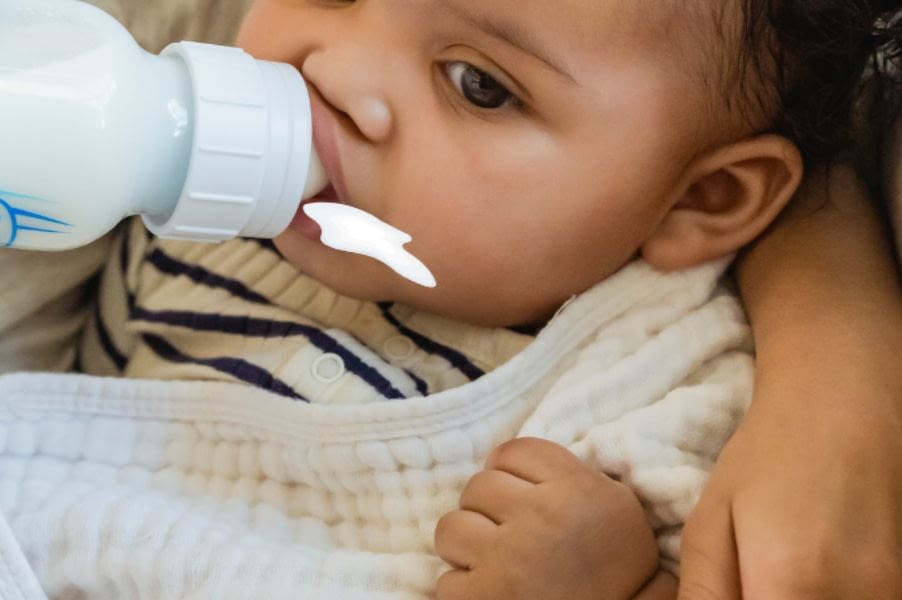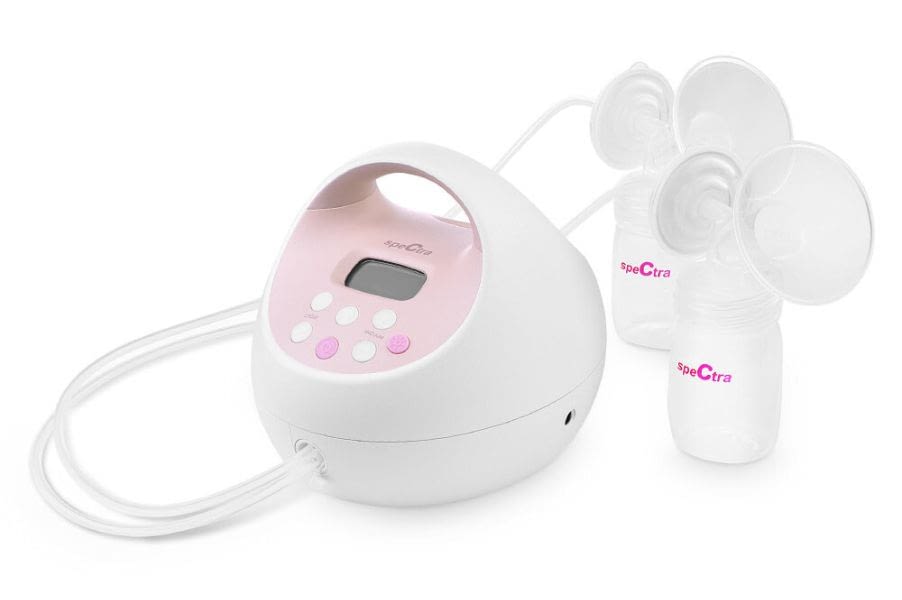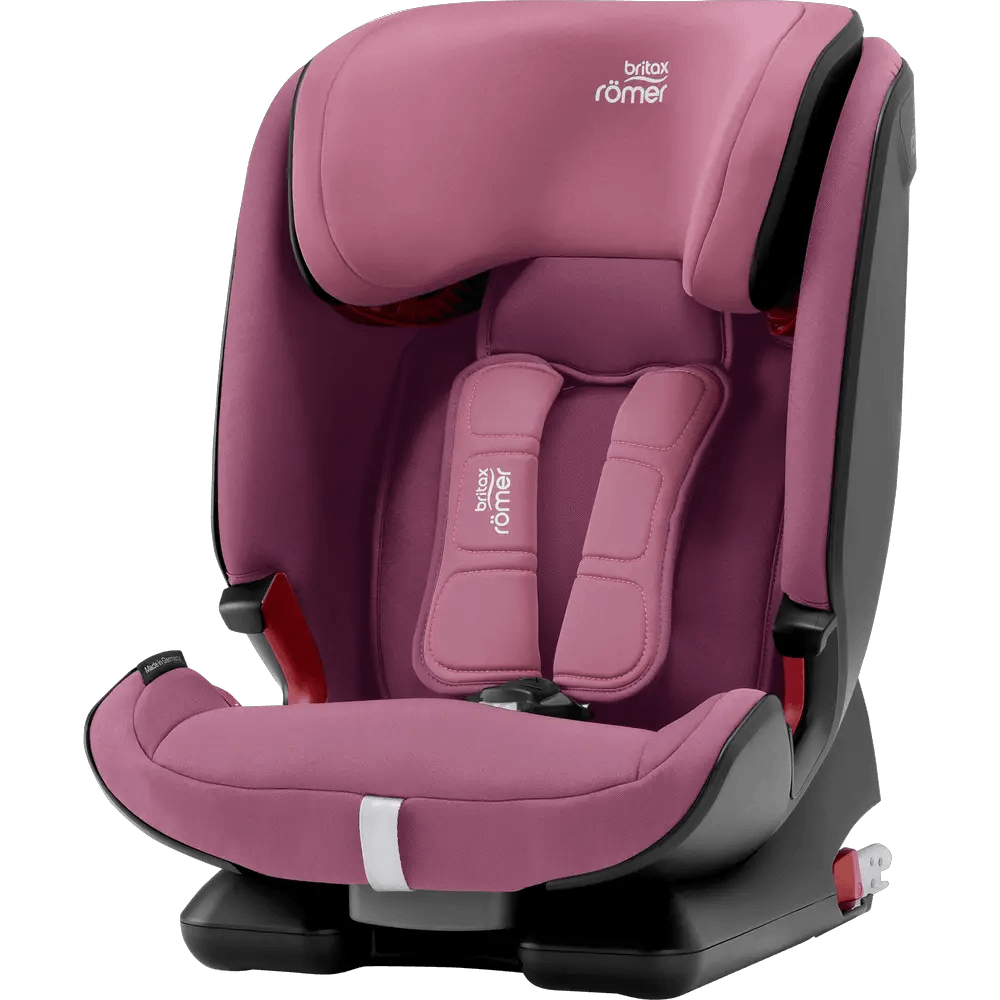Parenting comes with a bouquet of choices and decisions, and knowing when to introduce certain foods to your children is crucial. Fruit snacks are often considered a convenient and child-friendly option, but when is the right time for kids to enjoy these sweet treats? In this comprehensive guide, I will delve into the various aspects of fruit snacks and your child’s nutritional needs and help you, as a parent, make informed decisions about when can kids have fruit snacks.
Nutritional Considerations: Understanding the Basics
Before I can address when toddlers can have fruit snacks, it’s essential to understand what we mean by fruit snacks. There’s often a fine line between processed snacks and natural fruit options, and it can sometimes be a little blurry.
Understanding Fruit Snacks: Difference between natural and processed fruit snacks
At first glance, gummy fruit snacks might seem like they offer the same nutritional value as fresh fruit, but this is only sometimes true. Processed fruit snacks are typically made from fruit juice concentrate and contain added sugars, artificial flavors, and colors. They can also include preservatives to extend shelf life. In contrast, natural fruit snacks, such as fresh or dried fruits, carry the inherent nutrients of the fruit without unnecessary additives.

Nutritional Considerations: The role of fruit snacks in a child’s diet
When considering fruit snacks for children, it’s important to evaluate their place within the broader context of a balanced diet. While fruits are an incredible source of vitamins, minerals, and fiber, the concentration of sugars and lack of other nutrients in many processed fruit snacks can be problematic.
As a parent, I’ve found that making homemade fruit snacks with my children gives them a healthier snack option and teaches them about nutrition and the joys of cooking. It’s become a family bonding activity with the delicious benefit of creating more nutritious eating habits.
Recommended daily fruit intake for kids
According to nutritional guidelines, children should have 1 to 2 cups of fruit daily, depending on their age and activity level. This intake should come from whole fruits, whether fresh, canned, or frozen, as opposed to fruit-flavored snacks.
How Long Do Fruit Snacks Last?
Another important consideration when introducing fruit snacks into your child’s diet is understanding their shelf life. Preservatives often allow processed fruit snacks to last for months or even years unopened, provided they are stored in a cool, dry environment.
Once opened, however, the shelf life reduces drastically to a few weeks. On the other hand, you should ideally consume apple slices or berries within a day or two of being cut to prevent bacterial growth and maintain their nutritional value. In contrast, if stored properly in an airtight container, dried fruits can last six months to one year.
Therefore, while convenience might make processed fruit snacks appealing, freshness and nutritional value often decrease with increased shelf life.
So, Do Fruit Snacks Expire?
These snacks usually have a ‘best before’ date printed on the packaging, indicating when the snack will maintain its best quality. After this date, while not necessarily harmful, the snack might lose some of its taste and texture quality. Before consuming any food product, including fruit snacks, it’s always recommended to check for signs of spoilage, such as mold, off smells, or discoloration.

When can kids have fruit snacks?
When introducing fruit snacks to toddlers, there are a few factors to consider. Generally, toddlers can start having small amounts of fruit snacks from the age of 2 years. However, this doesn’t mean all fruit snacks are safe or nutritionally beneficial for toddlers.
Processed Fruit Snacks for Toddlers
Processed fruit snacks should be introduced with caution. Due to their high sugar content and artificial additives, there are better choices for regular consumption. If you give your toddler processed fruit snacks, it’s best to restrict them to occasional treats and not a daily part of their diet.
Natural Fruit Snacks for Toddlers
Introduce small pieces of fresh or dried fruit as natural snacks when the toddler is comfortable with solid foods. These provide essential nutrients without the harmful additives found in processed snacks. Choking can be a hazard with whole fruits, so cut them into appropriate-sized pieces for your toddler.
🌟 The key takeaway is that while toddlers can technically have fruit snacks, parents should opt for natural fruit options whenever possible and treat processed fruit snacks as an occasional treat rather than a dietary staple.
Can an 18 Month Old Eat Fruit Snacks?
If you’re a parent of an 18-month-old, you might be curious if fruit snacks are a safe and healthy option for your child. Like toddlers, children this age can technically consume natural and processed fruit snacks. However, you should consider the size of the fruit pieces, fresh or dried.
They provide necessary vitamins and minerals.
On the other hand, processed fruit snacks are not generally recommended for regular consumption, especially for children as young as 18 months.
For infants and toddlers, the introduction of solids is a step-by-step process. Pediatricians typically recommend starting with pureed fruits and whole fruits that are soft and cut into manageable pieces.
Introducing Other Snacks to Your Child’s Diet
While discussing fruit snacks, it’s also beneficial to consider other popular kid-friendly snacks – popcorn, Welch’s fruit snacks, and chewing gum.
Popcorn
When can kids have popcorn? While popcorn is a favorite treat for many kids, it’s advisable to wait until your child is at least four years old before introducing it into their diet. Young children are at risk of choking on popcorn, as the kernels can easily get lodged in their airways due to their difficulty chewing. Therefore, it is best to wait until your child is older and can thoroughly chew and swallow food before offering them popcorn.
Welch’s Fruit Snacks
As for Welch’s fruit snacks, the convenience and taste make them a popular choice among children. However, these snacks contain added sugars and artificial flavors, similar to processed fruit snacks.
Can toddlers eat Welch’s fruit snacks? While they can be introduced as part of a balanced diet once your child has started consuming solid foods, it’s advisable to avoid making them a daily routine due to their high sugar content. Constantly monitor your child’s sugar intake from all sources to prevent tooth decay and obesity.
Chewing Gum
When can kids have gum? Lastly, regarding chewing gum, most experts recommend waiting until your child is at least five years old. The reasoning behind this is similar to popcorn – younger children may not understand chewing without swallowing, leading to potential choking hazards. Even as they grow older, ensure they know that gum is not to be swallowed, and always supervise them while they’re still learning.
When Can Toddlers Have Gummies?
When it comes to giving gummies to toddlers, it’s a question of balance and safety. Technically, toddlers can start eating gummies from the age of 2 years, but there are important considerations to keep in mind.
Can 2-Year-Olds Eat Gummy Bears?
Gummy bears, a popular choice among kids, can pose choking hazards to younger children, including 2-year-olds, due to their slight, hard-to-chew texture. If you do choose to introduce your toddler to gummy bears, ensure they are chewing thoroughly and not consuming large quantities at once.

Gummies for Kids
Supplementing your child’s diet with vitamin gummies can be a fun way to ensure they get the nutrients they need, especially if they are picky eaters. However, they should not replace a balanced, nutritious diet. It’s important to remember that too many gummies can contribute to excessive sugar intake and tooth decay, even if they are vitamin-enriched.
Are Mott’s Gummies Healthy?
These fruit-flavored snacks are often considered a healthy gummy option for kids. They are made with real fruit and vegetable juice and do not contain artificial flavors or colors. However, their second ingredient is still sugar, and they should not be considered a substitute for actual fruits and vegetables in your child’s diet. As always, moderation is key.
In conclusion, while toddlers can have gummies, monitoring their consumption and ensuring they are also receiving plenty of natural, whole foods in their diet is essential.
Factors to Consider: Beyond Just the Age
There’s more to fruit snacks than just the age of your child.
Dental Health Implications
Fruit snacks, especially the sticky, chewy kind, can contribute to dental problems like cavities. The sugar in these snacks feeds the bacteria in the mouth, leading to tooth decay.
Allergies and Sensitivities
Always be mindful of potential allergies and food sensitivities. Some fruit snacks may contain ingredients like gelatin, which could be allergenic or incompatible with specific dietary restrictions.
Making Informed Choices: What Parents Can Do
Taking control of your child’s diet is imperative; there are ways to offer healthier alternatives.
- Reading Labels and Selecting Healthier Options: Reading product labels is crucial when grocery shopping. Look for snacks with low sugar content and without artificial flavors or colors. A brief ingredient list often indicates a more natural snack.
- DIY fruit snacks and alternatives: Homemade fruit purees, dehydrated fruits, or even simple apple slices can be fantastic alternatives to processed fruit snacks. Making snacks gives you complete control over your child’s eating and can be a fun activity together.
Conclusion: When can toddlers have fruit snacks?
Parenting is about finding the right balance, and the same applies to integrating fruit snacks into your child’s diet. It’s important to prioritize nutrient-dense options that support child development, even though treats can be fun and tasty. Introduce a variety of healthy snacks from an early age to foster positive eating habits that will last a lifetime.
Remember these points for a healthier approach:
- Age-Appropriate Snacks: Tailor snack options to your child’s developmental stage.
- Sugar Awareness: Be aware of the sugar content in store-bought fruit snacks and balance it within your child’s diet.
- Healthy Choices: Explore healthy alternatives to conventional fruit snacks.
- Eating Habits: Early diversity in snacks can improve eating patterns later in life.
Parenting is challenging, but with the proper knowledge and tools, you can confidently navigate the supermarket aisles and your child’s snack time. Indulge in the occasional gummy snack, but remember, nothing beats the nutritional punch of nature’s bounty – natural fruits.
Parents Also Ask
Can babies have apples?
Apples are nutritious for babies since they are packed with fiber, vitamins, and minerals. Always peel off the skin and cook the apple until it’s soft enough to be mashed or pureed to prevent choking. Raw apples are too hard for a baby’s gums and can pose a choking hazard.
At what age can toddlers eat whole apples?
Once a child reaches age 2, they can start eating whole apples. However, they should still be supervised while eating apples or other hard fruits, as they can still be a choking hazard. Cut the apple into small, manageable pieces and keep the skin on only if the child can chew it properly. The peel contains a bulk of the apple’s nutrients, but it can be challenging for some toddlers to chew.
Can 2 year old eat apple with skin?
A 2-year-old can eat an apple with the skin on, provided they can chew it properly. The skin of an apple contains a significant amount of nutrients, including fiber and antioxidants. Nevertheless, it is crucial to supervise toddlers while they eat apples with the skin, as it can pose a choking hazard if not chewed thoroughly.
Can babies eat raisins?
Raisins are a nutritious dried fruit snack that contains essential vitamins and minerals. However, their small size and stickiness can pose a choking hazard for babies and toddlers. If you give your baby raisins, ensure they are old enough to chew correctly, offer only a few at a time, and always supervise the eating to prevent choking.
Can babies have deli meat?
Although deli meats are a good source of protein, they should be consumed in moderation due to their high sodium and preservative content. It’s best to wait until your baby is a little older and able to handle a variety of textures and flavors before introducing deli meats. When you do, choose low-sodium options and cut up the meat into tiny pieces to prevent choking.
Can babies eat raw apple puree?
Raw apple puree is a delicious and nutritious choice for babies starting solids. Since the apples are pureed, they are easy for babies to digest. However, ensure the apples are thoroughly washed and peeled before pureeing to remove any pesticides or dirt and ensure the texture is smooth with no chunks.
1 Visit today





